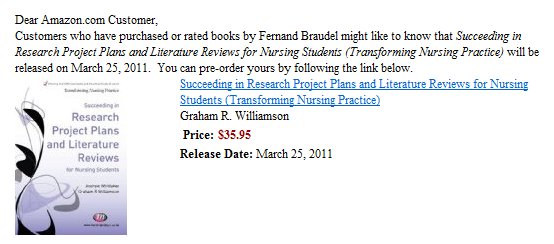Lewis Page sees the triple-whammy disaster that hit the Fukushima nuclear plant as proof of the design:
Let’s recap on what’s happened so far. The earthquake which hit on Friday was terrifically powerful, shaking the entire planet on its axis and jolting the whole of Japan several feet sideways. At 8.9 on the Richter scale, it was some five times stronger than the older Fukushima plants had been designed to cope with.
If nuclear powerplants were merely as safe as they are advertised to be, there should have been a major failure right then. As the hot cores ceased to be cooled by the water which is used to extract power from them, control rods would have remained withdrawn and a runaway chain reaction could have ensued — probably resulting in the worst thing that can happen to a properly designed nuclear reactor: a core meltdown in which the superhot fuel rods actually melt and slag down the whole core into a blob of molten metal. In this case the only thing to do is seal up the containment and wait: no radiation disaster will take place, but the reactor is a total writeoff and cooling the core off will be difficult and take a long time. Eventual cleanup will be protracted and expensive.
In fact, though the quake was far beyond design limits, all the reactors went into automatic shutdown perfectly: triumph number one. Control rods slammed into the cores, absorbing the neutrons spitting from the fuel rods and pinching off the uranium-fission chain reactions powering the plant.
[. . .]
For a few hours all was well. Then the tsunami — again, bigger than the plant had been built to cope with — struck, knocking out the diesel backups and the backup diesel backups.
Needless to say, this being a nuclear powerplant, there was another backup and this one worked despite having been through a beyond-spec quake and the tsunami. Battery power cut in and the cores continued to be cooled, giving the plant operators some hours of leeway to bring in mobile generators: triumph number three.
Unfortunately it appears that the devastation from the quake and tsunami was sufficient that mobile power wasn’t online at all the sites before the temperatures inside the cores began to climb seriously.
On the flip side, Colby Cosh finds the information sharing from the Japanese authorities to be less than helpful:
It’s a frustrating sequence of events to behold, and it has been made more so by the poor crisis management of the Tokyo Electric Power Co. (TEPCO) and the Japanese government. A serious nuclear incident is the whole world’s concern, and TEPCO and Japan have an obligation to explain to the world just what has happened. But English-language reports from the state broadcaster, NHK, have been shockingly feeble and confused. TEPCO’s press releases, meanwhile, are masterpieces of indecipherable technical and even legal jargon. (“As the reactor pressure suppression function was lost, at 5:22am, Mar 12th, it was determined that a specific incident stipulated in article 15, clause 1 has occurred.”)
The global public has been left to figure out for itself what to make of hazy videos of nuclear power facilities exploding. What little context we can assemble, as we try to interpret such a mortifying sight, arrives mostly in shreds provided by Western oracles — ones who, in their turn, seem to mostly be working from supposition and indirect evidence, and who may not be particularly independent from the nuclear industry.
No one should forget, while trying to make sense of what’s happening in Japan, that something like 300 people died in major coal mining accidents around the world in 2010 alone. None of those accidents involved natural disasters, and probably not all of them even involved culpable human error. We just accept a certain quantum of mortality as the cost of keeping the lights on — when it comes to every means of power generation, that is, except nukes. A death toll in the single digits from the Fukushima troubles would represent an amazing triumph of design robustness. (Especially if we judge the quality of Japanese engineers and regulators by their competence at communications.)

 I guess the weekend staff were
I guess the weekend staff were 




